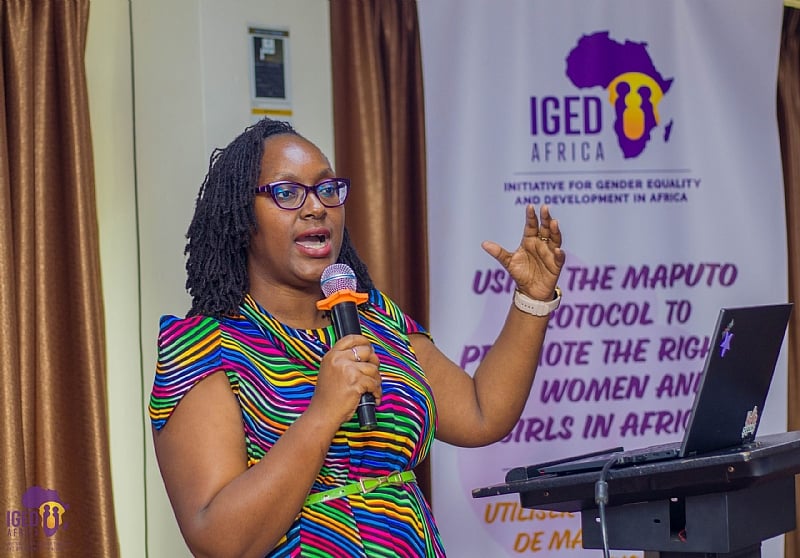The imperative for legal reform in Ghana to secure women’s property rights is becoming increasingly urgent, as delays in passing crucial legislation continue to undermine their dignity, security, and equality. Despite constitutional guarantees and recent legislative advancements, particularly the Affirmative Action (Gender Equity) Act of 2024, the absence of comprehensive reforms in property and succession laws perpetuates injustices against women and children, especially in situations of divorce or death. Civil society organizations, including Equality Now, IGED-Africa, and SOAWR, are intensifying their advocacy efforts to push for the enactment of the Property Rights of Spouses Bill and the Interstate Succession Bill, recognizing the significant impact these laws have on women’s economic and social standing.
The current legal landscape in Ghana presents a complex interplay between constitutional provisions, statutory laws, customary practices, and religious doctrines. Article 22 of the 1992 Constitution mandates Parliament to enact spousal property rights legislation, yet this obligation remains unfulfilled after more than three decades. Existing succession laws, particularly within customary and religious contexts, contain discriminatory provisions that disadvantage widows and children. This legal ambiguity leaves many women vulnerable, excluded from property ownership, and trapped in cycles of poverty and marginalization. The ongoing workshop, convened by IGED-Africa in collaboration with SOAWR and hosted by Equality Now, aims to address these challenges by bringing together civil society organizations, women’s rights groups, legal experts, and policymakers to strategize for stronger advocacy and legislative action.
While the passage of the Affirmative Action Act represents a significant step towards gender equality, ensuring its effective implementation is paramount. This Act mandates at least 30 percent representation of women in governance and decision-making structures, but its success hinges on rigorous enforcement and unwavering political will. Advocates emphasize that the Act’s provisions must translate into tangible changes, moving beyond symbolic gestures to address the systemic inequalities women face. Similarly, the long-delayed family law reforms must be prioritized by Parliament to ensure consistency with constitutional guarantees and international human rights standards.
The workshop serves as a crucial platform for stakeholders to examine Ghana’s family law reform agenda, share experiences, and develop effective strategies for advocacy. Participants will draw lessons from other African countries that have successfully navigated similar legal reforms, fostering regional collaboration and strengthening solidarity among Ghanaian civil society organizations. The discussions will focus on overcoming political and cultural resistance, reconciling tensions between statutory, customary, and religious laws, and building a broader consensus on the importance of gender equality within the family and society as a whole. The ultimate goal is to generate concrete advocacy strategies and exert pressure on Parliament to finally enact the long-pending bills.
The implications of these legal reforms extend far beyond individual cases, impacting the broader social and economic fabric of Ghanaian society. When women are guaranteed equal rights within the family, they are empowered to contribute more fully to political, social, and economic development. Secure property rights provide women with economic independence, reduce their vulnerability to poverty and violence, and enhance their ability to make decisions about their lives and families. Furthermore, equitable inheritance laws ensure that widows and children are not dispossessed of their rightful inheritance, safeguarding their well-being and preventing intergenerational cycles of poverty. The delays in reforming property and succession laws are not merely legal oversights; they represent violations of women’s fundamental rights and hinder the progress of Ghanaian society as a whole.
The collaborative efforts of organizations like Equality Now, IGED-Africa, and SOAWR demonstrate the growing momentum for legal reform in Ghana. By bringing together diverse stakeholders, sharing experiences, and developing targeted advocacy strategies, these organizations are working to create a more just and equitable legal framework for women. The workshop emphasizes the urgency of parliamentary action and highlights the need for sustained advocacy to overcome political and cultural resistance. The ultimate success of these efforts will not only empower women and girls in Ghana but also serve as a model for other African countries grappling with similar challenges in achieving gender equality.


